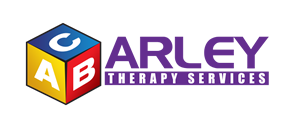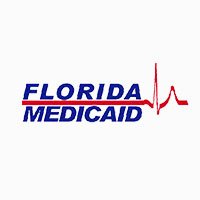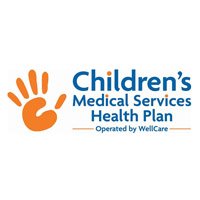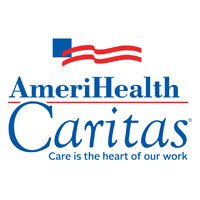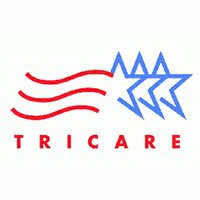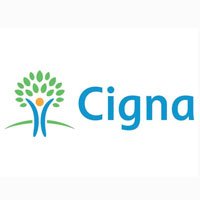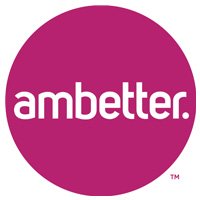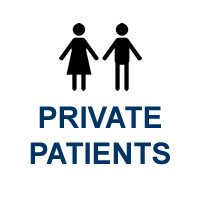OUR SERVICES
The Speech Therapy Service evaluates, diagnoses, treats and helps to prevent disorders related to speech, language, cognitive-communication, voice, swallowing, and fluency.
For each child, our speech therapists develop an individualized plan of care, tailored to each patient’s needs. They teach patients how to make sounds, improve their voices, or increase their oral or written language skills to communicate more effectively. They also teach individuals how to strengthen muscles or use compensatory strategies to swallow without choking or inhaling food or liquid. For individuals with little or no speech capability, our speech-language pathologists may select augmentative or alternative communication methods, including automated devices and sign language, and teach their use.
Our service helps patients develop, or recover reliable communication and swallowing skills so patients can fulfill their educational, vocational, and social roles.
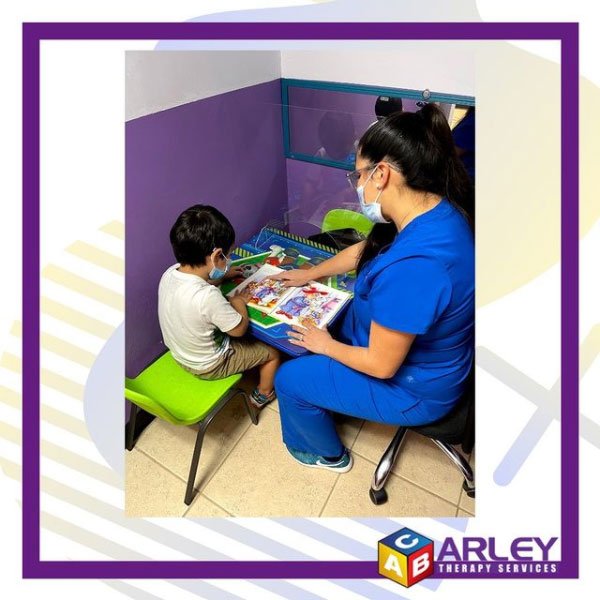
Our speech therapists keep records on the initial evaluation, progress, and discharge of children. This helps pinpoint problems, tracks child progress, and justifies the cost of treatment when applying for reimbursement. They counsel children and their families concerning communication disorders and how to cope with the stress and misunderstanding that often accompany them. They also work with family members to recognize and change behavior patterns that impede communication and treatment and shoe them communication-enhancing techniques to use at home.
This service also includes
a work with the teachers of the Daycares, to help the students to improve their skills in areas such as reading, writing, languageand cognition, being better prepared to be successful in Kindergarten and up.
SPECIALTIES
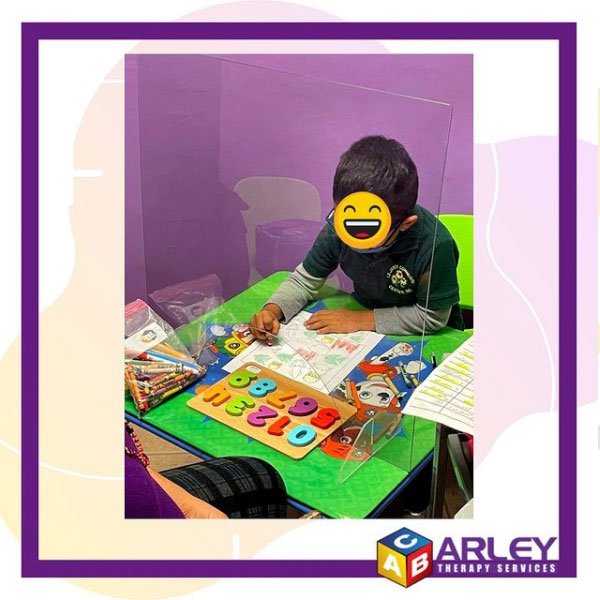
Articulation disorders
A child with an Articulation Disorder has difficulty making sounds. There is no clarity of the sounds that can be substituted, changed, added or omitted, making it hard to understand the child. The Speech sounds develop gradually with the age of the child. At the age of 6, and all the sounds should be correctly produced.
Language Disorder
Language Disorder is the difficulty a child has with the meaning of the words, grammar or proper syntax, or producing longer sentences or phrases. The child uses incomplete sentences, may have difficulty following directions, inability to retell stories, answering questions. A Language disorder may be either an Expressive Language Disorder or Expressive Language Disorder.
Feeding Disorder
A Feeding Disorder occurs when a child is unable to eat or has difficulty eating. It involves food refusal, taking too long to eat, inability to self-feed, difficulty in swallowing, selection of the food by texture and type. This is very concern of parents because Feeding Disorder can result in frequent illness, to grow below the normal weight and height.
Phonological Processes Disorder
Phonological Processes Disorders are patterns of sound errors substituting the sound of words. For example, children may say “
Auditory Processing Disorder
A child with an auditory processing disorder (APD) has difficulty in processing or interpreting the information he hears. This disorder is common in children even in those with normal hearing. Some symptoms of APD
Oral Motor Disorders
Oral Motor Disorder occurs when a child has trouble controlling his lips, jaw, tongue, and cheeks, resulting in problems to speech and feeding. Children presenting this disorder may have problems with different food textures, blowing, chewing, drinking from a cup, and making specific sounds.
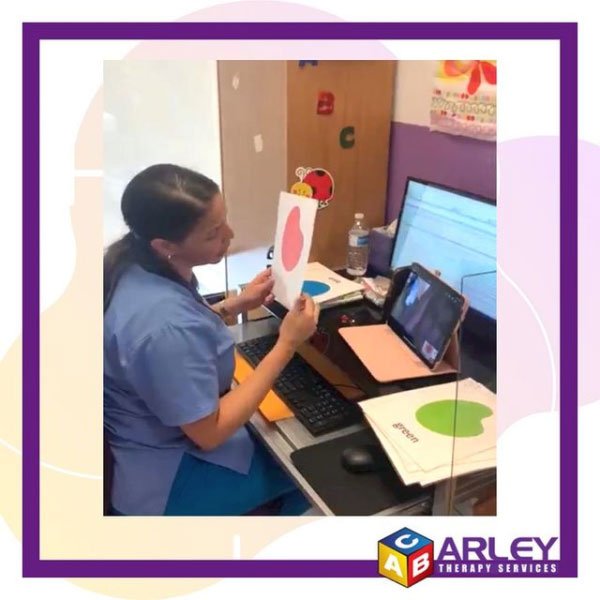
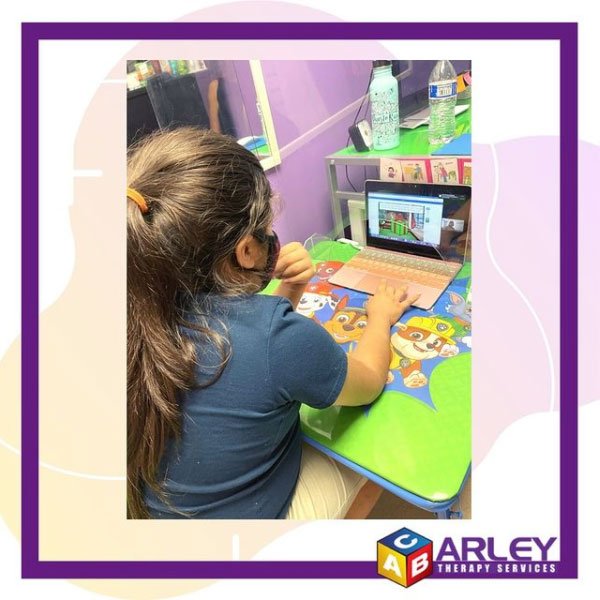
Apraxia
Childhood Apraxia of Speech (CAS) is a motor speech disorder. Children with CAS have problems saying sounds, syllables, and words. The child knows what he wants to say, but his brain has difficulty coordinating the muscle movements used for speech. This is not because of muscle weakness or paralysis, but rather voluntary coordination.
Social Pragmatic Language DisorderSocial Pragmatic Language Disorder is diagnosed in a child when he presents difficulty with the use of social language and communication skills following the normal social rules of communication verbal or nonverbal, changing language according to the needs of the listener, following the rules for storytelling or conversations.
Autism
Autism spectrum disorder (ASD) is a neurological disorder that affects the functioning of the brain, characterized by deficits in social interaction and communication skills. Autism typically appears during the first three years of life. Children and adults with autism typically have difficulties in verbal and non-verbal communication, social interactions, and leisure or play activities. Children diagnosed with Autism often appear to have restricted number of interests; repetitive speech, motor movements, routines; little or no eye contact; laughing, crying; hypersensitive or hypersensitive.
